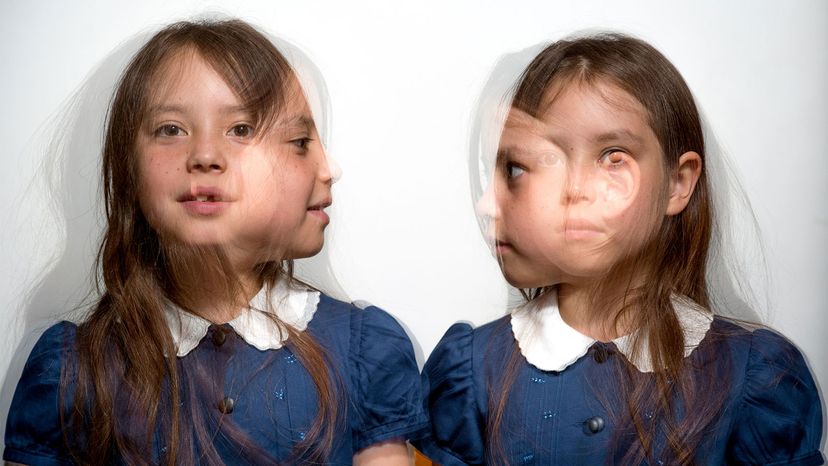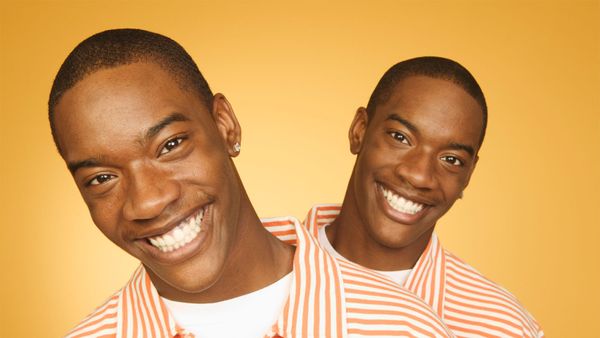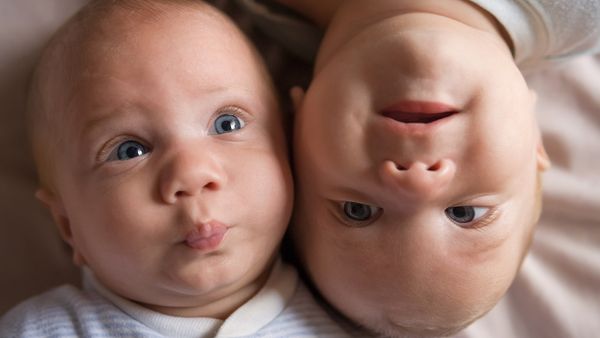Fortunately for those of us who scare easily, the math says that the chances of you having your own doppelganger who shares your same facial appearance is just about impossible. So you don't have to worry about a case of mistaken identity.
"If we are talking about measurements of the face, there is a 1 in a trillion chance that two or more people will match one another on eight measurements of the face," emails Dr. Teghan Lucas, forensic anthropologist at The University of New South Wales and Flinders University, both in Australia.
She published a study on the subject of doppelgangers in 2015 where she compared people for eight facial and eight body measurements to see how alike they really were. Some of the fastidiously precise facial and head measurements she refers to include ear length, head circumference and the distance between the centers of the right and left pupils.
Hopefully, such an explanation gives you peace of mind, but if it doesn't, just know that when Lucas looked at the rest of the human body, she found that the odds of having a twin stranger were even bleaker.
"If we look at measurements of the body, the chance is even lower at 1 in a quintillion, based on eight measurements," she says. "This is because these measurements are larger and thus have a larger range which means there is less chance for people to match each other."
So the more measurements you consider, the less likely it is that anyone's going to 100 percent stack up against another person in true doppelganger fashion. "Two people may look very similar to the naked eye, but when you start measuring they will not match each other," Lucas says.


